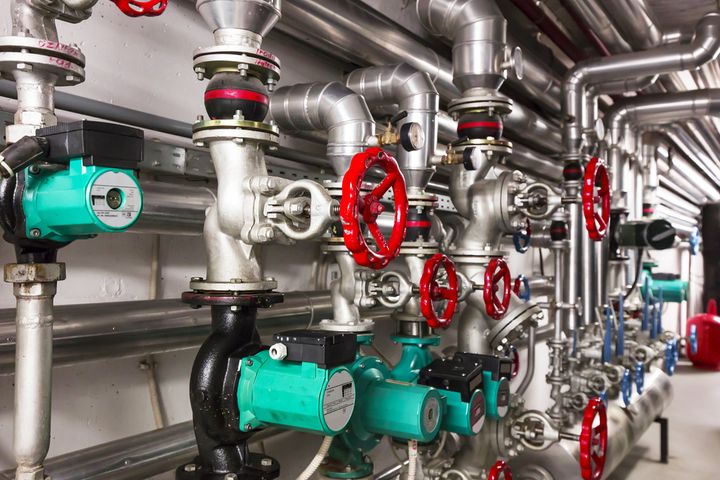 Beijing Plans More Heat Pumps to Curb CO2 Emissions
Beijing Plans More Heat Pumps to Curb CO2 Emissions(Yicai Global) Feb. 19 -- Beijing plans to promote heat pumps that extract and convert heat into useful energy as a main way to develop clean energy sources in the fight to reduce carbon dioxide emissions.
The system will cover 8 percent of the capital's total heating area, or 80 million square meters, by 2022, adding 20 million square meters, state-owned news agency Xinhua reported, citing a blueprint published by the city's government yesterday. Beijing will offer subsidies and streamline the approval procedure to support the technology's promotion.
Heat pumps collect from low-grade sources such as shallow geothermal energy and waste heat from reclaimed water to warm and cool buildings. Using them can greatly increase the use of renewable energy and drive the transition to a low carbon-oriented energy structure, Xinhua said.
Beijing can cut its use of fossil fuels, including natural gas and coal, by around 1 million tons of standard coal and trim its carbon dioxide emissions by 2.4 million tons by 2022 if the system covers 8 percent of the city's heating area, according to the municipality's commission for development and reform.
The system would also help shift Beijing's urban heating system to a new model that combines centralized and distributed heating away from the existing centralized model, which will help to improve the urban energy system's safety, flexibility and smartness
The local government will offer 30 percent of the funds needed to projects that build new heat pump systems or expand existing ones. It will offer more subsidies to heating system renovation projects in rural areas, providing half of the investment.
The government also ruled that projects applying for financial support must install an online monitoring system. It will also authorize professional groups to analyze the data to improve management as well as name and shame subpar schemes.